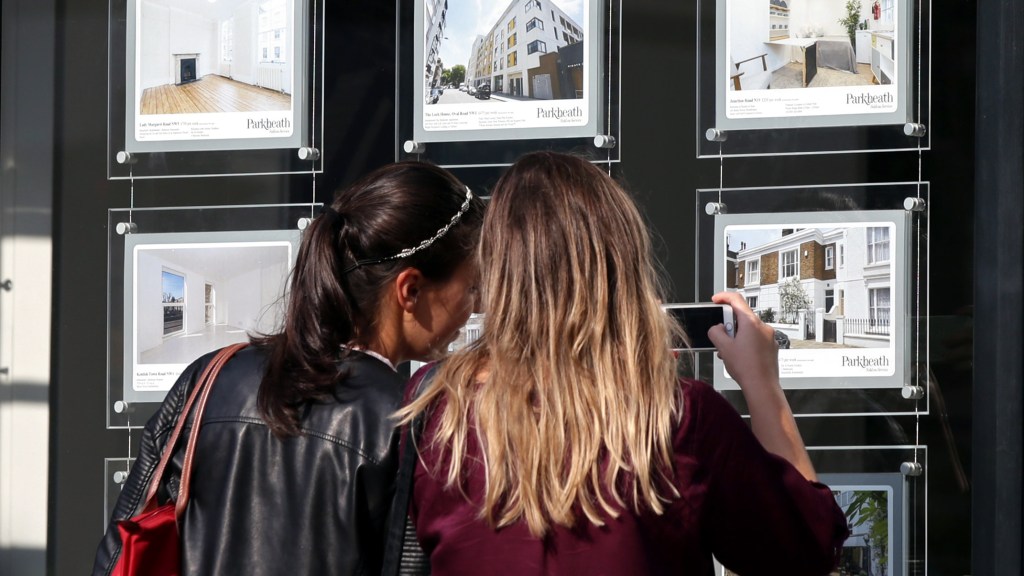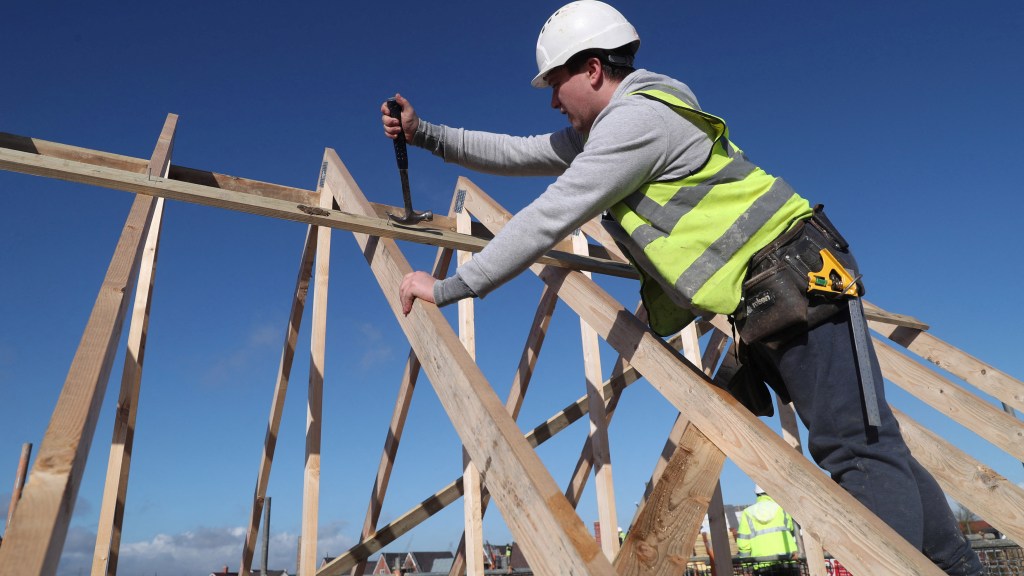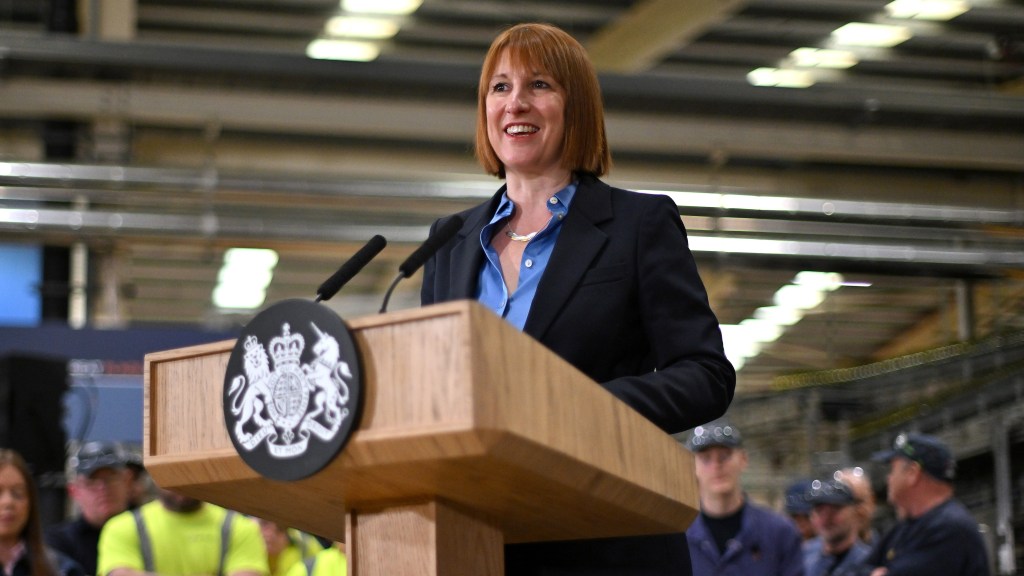UK House Prices Experience Minimal Growth as Buyers Await Budget Details
In October, house prices in the UK saw only a slight increase as potential buyers opted to pause their decisions pending the forthcoming budget announcements.
According to data from Nationwide, a prominent high street lender, the average price of a typical home rose by just 0.1 percent last month, which is a deceleration compared to September’s figures, bringing the average house price to £265,738.
Year-on-year, property values are up 2.4 percent, a noticeable decline from the 3.2 percent growth observed in September.
Both monthly and annual house price inflation figures fell short of economists’ predictions. Analysts had anticipated a 0.3 percent increase in prices month-on-month for October and a 2.8 percent annual rise.
Furthermore, Nationwide adjusted its prior month’s data, reducing September’s increase from 0.7 percent to 0.6 percent.
Robert Gardner, Chief Economist at Nationwide, indicated that housing market activity has remained robust in recent months, citing an increase in mortgage approvals nearing levels seen before the pandemic.
However, builders and real estate professionals have noted a slight deceleration in market activity in recent weeks leading up to the budget. Jason Honeyman, CEO of Bellway, remarked on the prevailing caution among buyers, stating, «Some customers are nervous about the October budget, which has slightly dampened sales rates during our autumn trading period.»
Alex Kerr, a UK economist at Capital Economics, commented that the weaker-than-anticipated housing data indicates that declining mortgage rates may be exerting less influence on demand and property prices than previously thought.
In the bond market, investors are predicting that interest rates may remain elevated for an extended period, as swap rates—which determine mortgage pricing—have climbed since the budget.
Anthony Codling, a housing market analyst at RBC, cautioned that persistently high swap rates could lead to rising mortgage rates, which would likely curtail both house price growth and market activity as the year progresses into its quieter season.
Kerr acknowledged the potential for a rebound in mortgage rates, which may further decrease consumer support in the coming months. Nevertheless, he posits that any decline in property prices may be temporary.
Currently, the prevailing outlook suggests that the Bank of England might lower interest rates from 5 percent to 4 percent in the near future. Kerr speculates that the rates could drop even further to 3 percent by 2026, which should contribute to a 5 percent increase in house prices next year.






